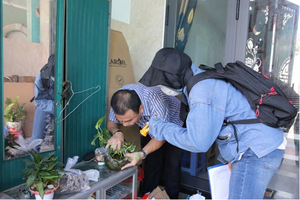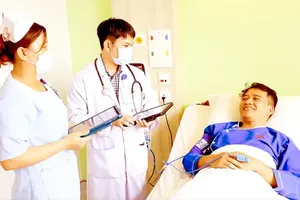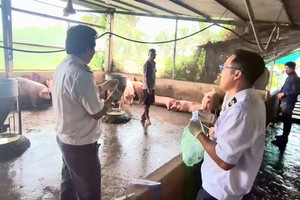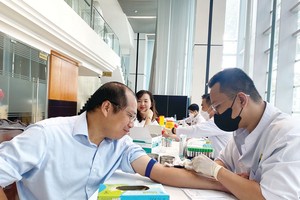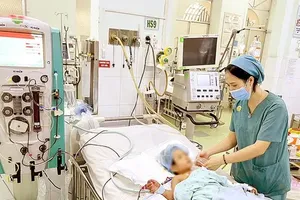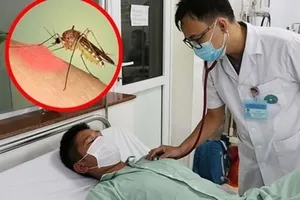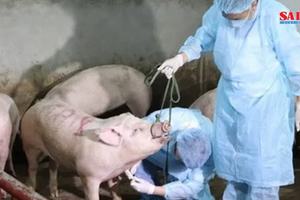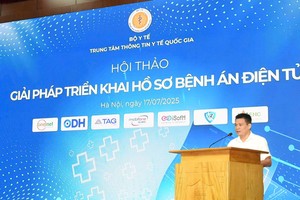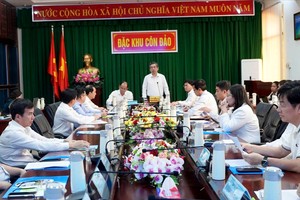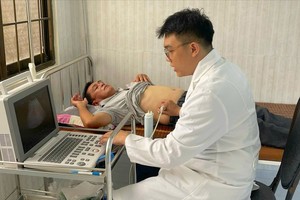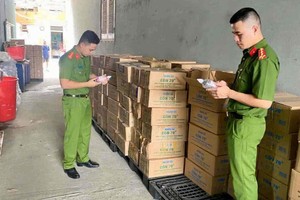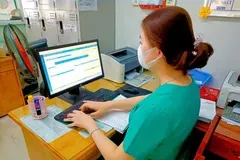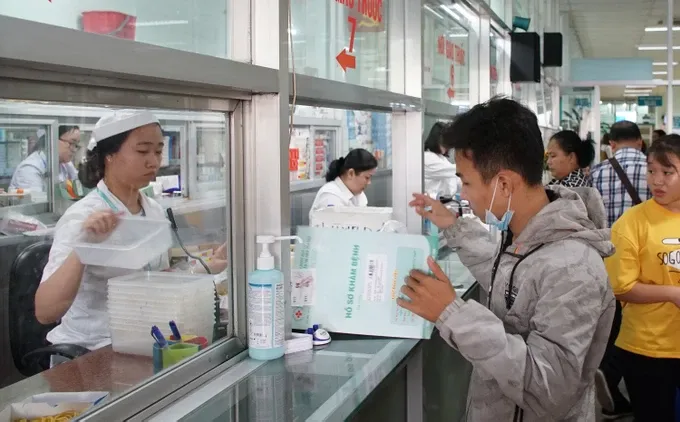
To address inadequacies in the Law on Pharmacy 2016, the Government has already submitted a draft Law on Amendments for the Pharmacy Law 2016 to the National Assembly, which then approved the document. At present, the Health Ministry is collecting opinions from related ministries, functional agencies, and citizens on the content of this law.
Deputy Head Le Viet Dung of the Pharmaceutical Management Authority (under the Health Ministry) informed that the adjustments this time focus on such important policies as
- Timely and sufficiently providing high-quality medicines for citizens in need;
- Ensuring timely and sufficient medication for security and national defense purposes as well as treatments after natural disasters and disease prevention in the new context;
- Improving the performance of medicine or pharmaceutical material import-export activities according to the national socio-economic growth and international practices;
- Re-organizing drug, pharmaceutical material trading and distribution systems to meet requirements of socio-economic development and international integration.
The draft amended Law on Amendments for the Pharmacy Law 2016 also stipulates certain incentives, especially in investments, for the manufacturing of new drugs, original brand drugs, herbal drugs with domestic input materials, hi-tech drugs, biotechnological drugs, specialized drugs whose technologies are transferred to Vietnam.
There will be more favorable conditions for the procedures to register for medicine circulation, medical technology transfer, pharmaceutical research as well as foreign investment attraction in producing medicinal materials, new drugs, original brand drugs, specialized drugs.
These amendments are expected to increase the chance for patients, especially the poor, to approach necessary medication.
Statistics reveal that during the 2012-2021 period, about 460 new medicines were introduced in the world, only 40 of which are available in Vietnam. This is much lower than the average proportion of the Asia-Pacific region, meaning disadvantages to patients in the country. That stems from the tardiness in issuing medicine circulation permits and complex regulations on extending these permits.
The amendments this time are going to simplify those essential procedures from three months to only 15 days, and they can be done automatically.
General Secretary Nguyen Dieu Ha of the Vietnam Pharmaceutical Companies Association (VNPCA) commented that the procedures to extend medicine circulation permits or medicinal material registrations should be eliminated since a large number of drugs have long been used and have their quality proved all over the world.
Assoc. Prof. Dr. Le Van Truyen, former Deputy Minister of Health, stated that the global pharmaceutical industry is developing quickly, so it is necessary to introduce a number of new terms related to this field to comply with international standards.
He added that imprecise definitions of new concepts for the past few years have led to inadequacies or misunderstandings, which ultimately results in tardiness in drug registration. Also, there should be suitable policies to promote research and transfer of advanced technology for producing hi-tech drugs, biotechnological drugs, specialized drugs to answer emergency needs in Vietnam.
Lately, the Health Ministry has announced several extensions of medicine circulation permits for more than 11,700 drugs and medicinal materials until December 31, 2024. It has also issued new permits according to the Pharmacy Law for over 4,000 drugs already having their registered numbers. Another 3,000 new drugs without such a number have obtained their own circulation permits for 3-5 years.
